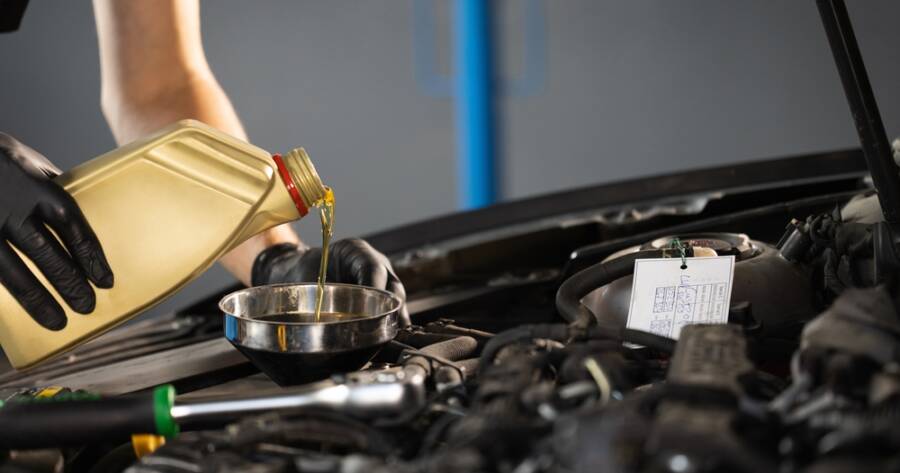Regular oil changes are not just a maintenance task but a cornerstone of engine health, adapting over time with advancements in vehicle technology. Modern vehicles require tailored schedules that align with their specific needs, emphasizing the role of comprehensive car care. The balance of cost-effectiveness and vehicle performance hinges on understanding evolving maintenance intricacies.
The Importance of Regular Oil Changes
Maintaining the health of a vehicle’s engine is pivotal, and regular oil changes play a critical role in achieving this. While the traditional guidance was to change engine oil every 3,000 miles, advancements in engine technology and oil quality now allow for longer intervals.
Many modern vehicles can utilize synthetic oil, extending the period between oil changes to 5,000 to 7,500 miles (or even more!), depending on the engine’s specific requirements. Routine oil changes not only ensure that the engine runs smoothly but also prevent engine damage, thereby preserving the vehicle’s value and averting more costly repairs.
More Than Just Oil: The Full Spectrum of Car Maintenance
While oil changes are essential, they are just one component of a comprehensive car maintenance routine. Alongside changing engine oil, it is crucial to perform various other maintenance tasks. This includes checking other vehicle fluids, such as transmission and brake fluids, replacing filters, and inspecting spark plugs. Regularly attending to these elements helps avert major issues, allowing the vehicle to perform at its best and ensuring optimal vehicle performance and longevity.
Understanding Maintenance Schedules
Adherence to regular maintenance schedules is crucial for both maintaining the vehicle’s performance and extending its lifespan. Car owners should consult their vehicle’s owner’s manual or dealership to understand specific maintenance schedules.
These schedules provide guidelines not only for oil change frequency but also for when to check and replace other vital components. Failing to follow these schedules can result in engine damage and may even void car warranties, illustrating the importance of staying informed about vehicle-specific requirements.
The Economic Aspect of Oil Changes
Regular maintenance may seem costly, but it is relatively inexpensive compared to the potential cost of major repairs. Oil and filter change costs vary depending on factors such as the vehicle model and labor charges at service centers.
On average, maintenance costs can range from $60 to $274, with prices differing by region and service provider. Opting for regular oil changes not only helps maintain the engine but also supports financial health by reducing the likelihood of more significant, unexpected expenses.
Choosing the Right Service Provider
When it comes to performing maintenance, vehicle owners have various options, including visiting independent auto shops or dealership service centers. Independent shops might offer more affordable prices by using aftermarket parts, while dealerships generally feature highly trained technicians who use official parts and provide manufacturer warranties.
Weighing these considerations can help individuals choose the service provider that best meets their needs and budget. Independent shops are often known for offering competitive prices compared to dealerships while still maintaining high service quality.
Why You Should Learn More About Oil Changes Today
Understanding the fundamentals of regular oil changes is vital for any car owner seeking to maintain their vehicle efficiently. With advancements in engine technologies, keeping up with the current best practices in car maintenance ensures a longer lifespan and improved performance. Oil changes, along with a well-rounded maintenance plan, not only protect the vehicle’s engine but also optimize safety, efficiency, and financial management.
For those invested in their car’s longevity and value, exploring and following the accurate maintenance schedules as outlined in the owner’s manual or advised by service professionals remains a fundamental responsibility. By doing so, car owners can enjoy peace of mind and reliable performance from their trusted vehicles.
Sources
Comprehensive Vehicle Maintenance
Maintenance Recommendations by Mileage

